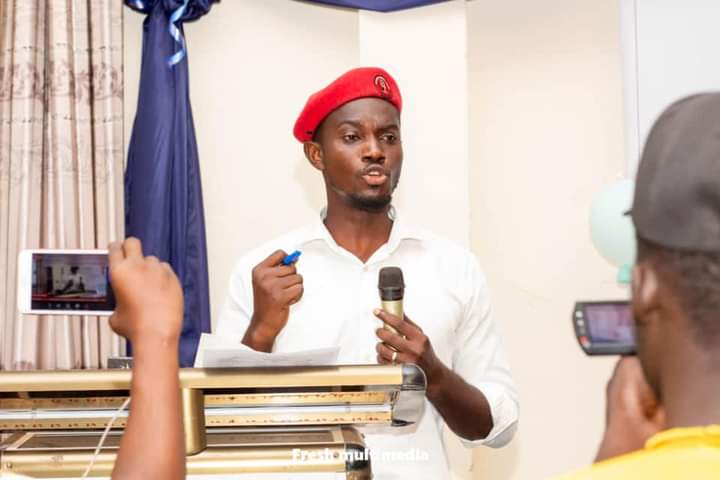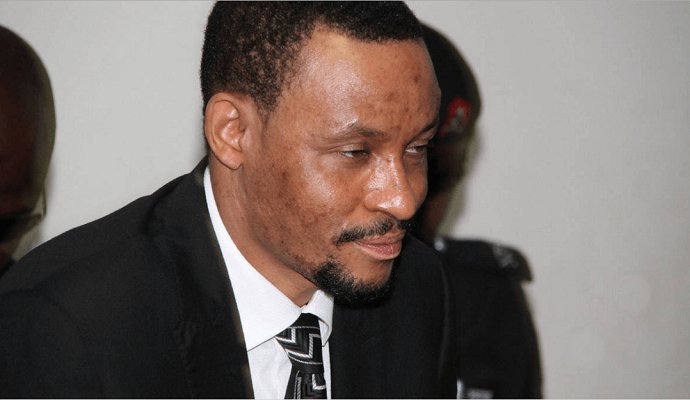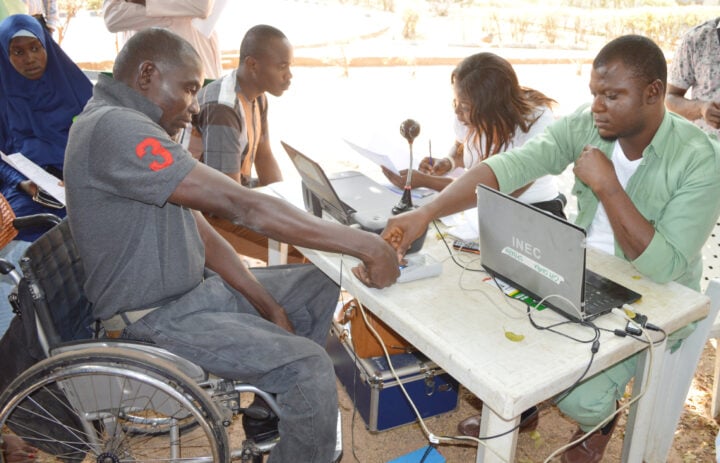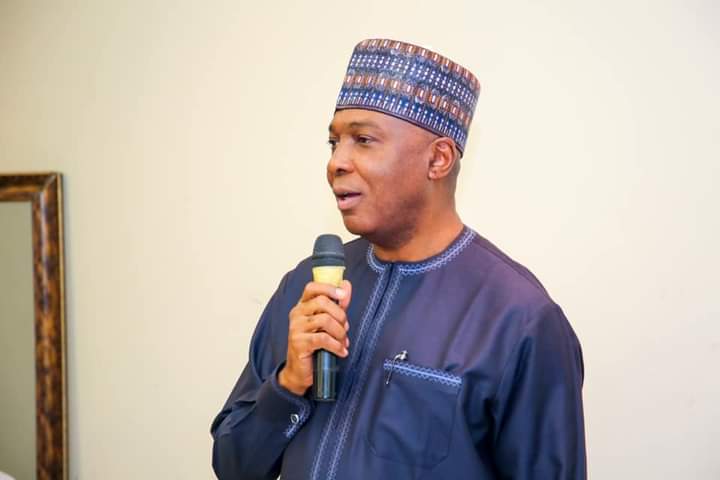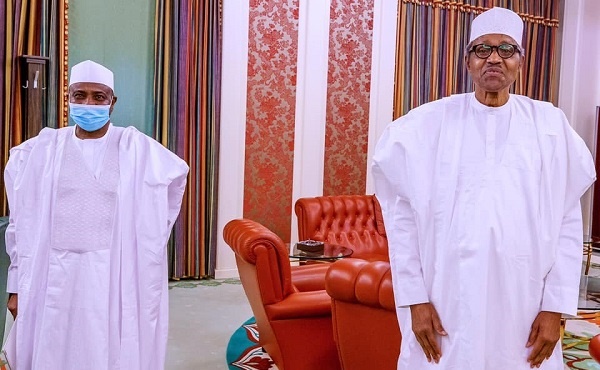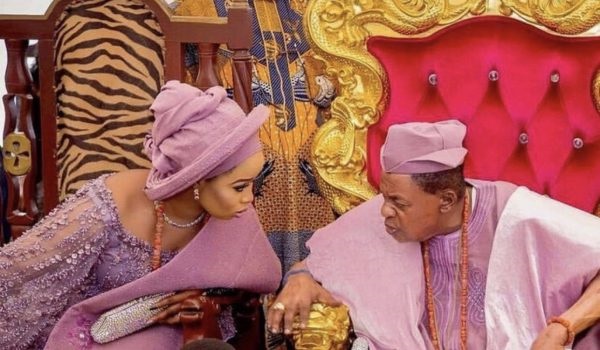Photo: Ernesto Yeboah/Facebook
Ernesto Yeboah, Ghanaian activist and leader of the Economic Fighters League (EFL), says the 2020 #EndSARS protest in Nigeria showed the need for Africans to unite against oppressive systems.
In October 2020, Nigerians took to the streets to protest against police brutality under the #EndSARS movement, especially involving officers of the special anti-robbery squad (SARS).
As a result of the protests, SARS was disbanded, and judicial panels of inquiry were set up across states to probe police brutality.
Speaking when he featured on ‘The Toyin Falola Interview Series’ over the weekend, Yeboah highlighted the significance of the EFL and what Africans can learn from the #EndSARS protest.
Advertisement
“We are looking for a new future. Everything we have done has pointed to that charting of a new future that we want for ourselves. It is also because we hate this system so much. It is rotten; it is a system that works for the few; it is a system that does not prioritise the needs and aspirations of the people,” he said.
“We take this nation very seriously; we have taken it upon ourselves to learn and understand our people, I mean the people that we are fighting for.
“I am seeing other movements beyond the Economic Fighters League. And so, I am convinced that our struggles are linked, and we are drifting towards a centre.
Advertisement
“When our brothers and sisters in Nigeria occasioned what the continent has not seen in a very long time and stretched out the banner of #EndSARS, we saw what the fake leadership did.
“We in Ghana also have our share of these brutalities fronted by black leaders. When we look around, we know that our brotherhood and sisterhood is held strongly because our oppressions are linked.
“And so, if I am here today, it is to unite with the rest of Africa and all black people in the world to stand together, fight together and tear down this rotten system together.”
He also spoke on the need for Africa to invest more in education.
Advertisement
“The period in European history that they refer to as the age of reason where the society started questioning certain realities of what they had earlier assumed to be their ontological realities, saw a more progressive layer of intellection begin. People began asking to see more of rational behaviour and thought than anything based on superstition,” he said.
“We need the philosophers. The likes of Nkrumah provided that. Whereas the Marxist ideology is centred on the things that can only be perceived by the five senses, Nkrumah went further to point to the overarching importance of ideology and his emphasis on the immaterial categories of nature.
“He did not leave it there; his genius is established in the fact that he devised a theory using quantum physics and the theory of relativity in advancing the existence of the immaterial. For this, many Marxists in his time criticised him as being revisionist.
“Today, how many educational institutions have centred Kwame Nkrumah’s theorising as a course of study? We have not. The lost bearing of the African is rooted fundamentally in the kind of education that we are getting. Until we are able to correct that anomaly, the African of today and the future will continue to be a confused person who doesn’t understand the existential realities that confront him.
Advertisement
“Chinua Achebe said that the frog does not loiter in the day for nothing. It is either something is pursuing it or it is pursuing something. What is pursuing Africa and what is Africa pursing? What has happened to African leaders who confronted the problems bedeviling Africa? Such leaders are often vilified, isolated and killed.
“This is our existential reality where a body of people somewhere actively work to ensure that we do not have the right kind of leadership that would advance the core cause of our society, to the extent that this has not agitated the minds of policymakers in our society.”
Advertisement
Panelists present at the interview were Toyin Falola, renowned professor of history; Nana Ansah, traditional ruler of Akwamu-Adumasa in Ghana; Afia Pokua, media personality in Ghana; and
Charles Prempeh, Ghanaian academic.
Advertisement
Add a comment
